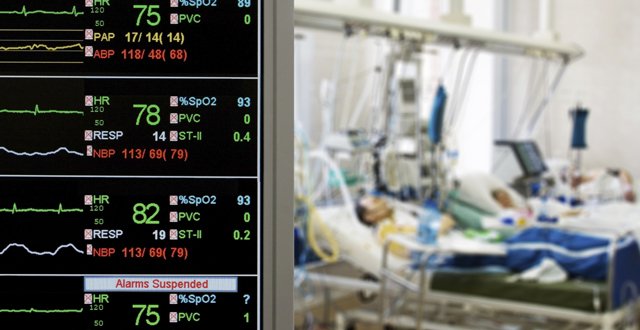
Some things are noticeable by their absence. During these early months of the Covid-19 pandemic, there has not been much talk about the chronic problems of emergency department overcrowding and waiting lists. These issues have been notoriously difficult for various Governments to solve. The inability of the previous Fine Gael majority Government to improve the health services’ capacity deficit was a decisive factor in how people voted in the February election.
The reason overcrowding and waiting lists are seldom
mentioned now is not, of course, that they have been solved, but because the
arrival of Covid-19 has changed the interaction of patients with the health
service. Remote consultations became the norm for general practice and
outpatient appointments. Resources were diverted toward a potential surge in
severe Covid-19 cases. Elective work was postponed. People also began staying
away from hospital because of the fear of contracting the virus.
Now that the new reality brought by the virus has dawned,
thoughts are increasingly turning towards non-Covid 19 patients, who still have
serious healthcare needs that perhaps are not being met. At the end of March,
the Irish Heart Foundation expressed concern that people experiencing symptoms
of heart disease and stroke are not presenting at hospital due to concerns
about the coronavirus and not wanting to burden the healthcare system.
At the time, Dr Angie Brown, Consultant Cardiologist and
Medical Director, Irish Heart Foundation, said: “Since the beginning of this
outbreak we have been in constant communication with healthcare professionals
in cardiac and stroke services around the country. In recent weeks there has
been a marked reduction in heart disease and stroke presentations in Ireland,
which we suspect is related to the coronavirus outbreak. We have also heard of
cases recently of stroke patients being admitted too late for effective treatment
because they were reluctant to go to hospital.”
She
advised that anyone experiencing symptoms of a stroke or heart attack should
follow the normal protocol and call an ambulance without delay. The same
applies throughout the health service. Also in March, the Irish Association of
Emergency Medicine (IAEM) said it had
concerns that patients, in particular
the elderly, may not attend hospital for conditions which genuinely require
urgent medical intervention. The IAEM stressed that while facing the undeniable
challenge of Covid-19, emergency medicine services will continue to deliver
care to the sick and injured as best they can on an ongoing basis.
Is this message getting through to patients, who are also
hearing about the continued importance of self-isolation and social distancing?
The reluctance of people to attend their GP and hospital is understandable at
this extraordinary time. But delays in seeking necessary and timely healthcare
can have severe consequences. The focus of the health service has rightly been
on the pandemic, but it also needs to put in place a strategy for the
post-Covid-19 world, one where we need to live with the virus, in advance of a
vaccine being developed. As our columnist Dr Muiris Houston argues in this
issue, the Government needs to develop a path for how this might be achieved.
The existing
problems of the health service have not disappeared, and are likely to have deepened
in many ways because of how resources were channelled towards the pandemic
response. The sooner a cohesive and comprehensive plan for non-Covid patients
is put in place the better.





Leave a Reply
You must be logged in to post a comment.